Aronia, which has recently come to the fore with its miracle effects on health, is first and foremost a fruit. So, where does Aronia grow? Aronia, which is now grown in Eastern Europe, is essentially a shrub plant species native to North America. "Aronia" consists of fruits that grow on the bush. "What is Aronia and what are the benefits of Aronia" Keep reading to learn the answer to questions such as and much more!
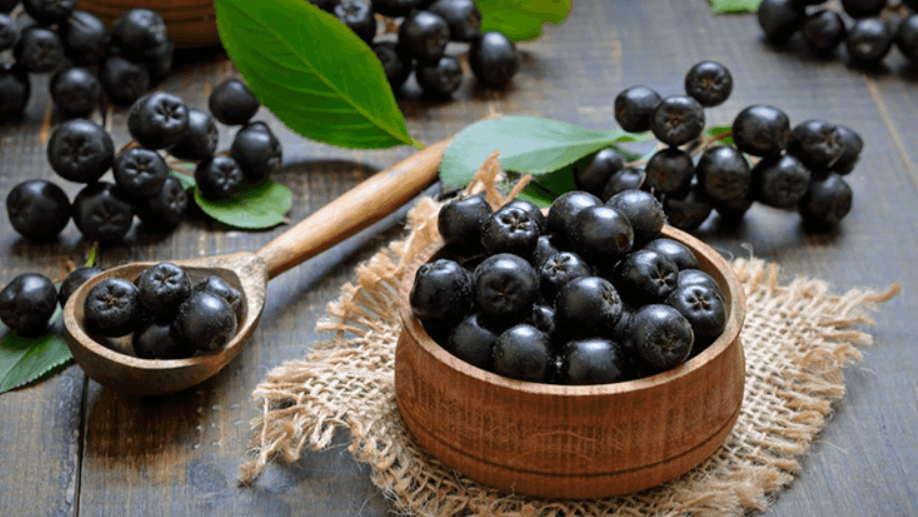
What is Aronia?
Aronia, which is in the 'superfood' and 'superfruit' category worldwide, is a member of the Rosaceae family. Chokeberry The fruit, also known as the "fruit of the bush", is a shrub plant in shape. Packed with a range of vitamins, this fruit provides incredible health benefits thanks to its high antioxidant content. This is why it is known as a 'super fruit'. The fruit can be eaten fresh on its own or used as an ingredient in drinks and foods such as pies, juices and tea.
Aronia fruit is recognized as a healthy and beneficial plant in many other areas, including anti-cancer properties. Many of Aronia's benefits are linked to its high nutrient content, called polyphenols. In one study, Aronia was found to have the highest polyphenol content among 143 plants.
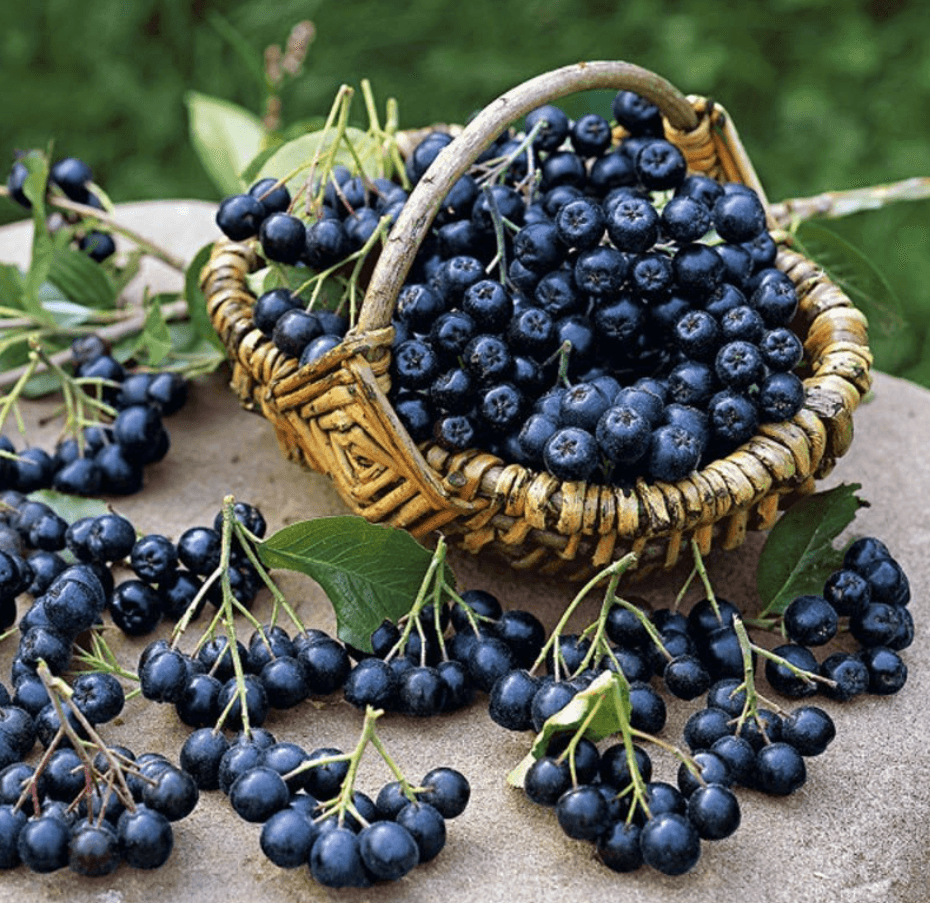
What are the Benefits of Aronia?
Aronia has many benefits as a fruit that has been used by people for many years. Aronia benefits can be listed as follows:
1. Anti-cancer effects
The effects of grape, Aronia and blueberry extracts in preventing the growth of colon cancer have been scientifically investigated and the research has shown that all these extracts inhibit the growth of cancer cells. Most importantly, Aronia was found to be the most effective plant among these components.
In addition, in a different study, it was concluded that Aronia extract helps to reduce cell damage due to breast cancer. Researchers have found that Aronia extract has protective qualities in people with breast cancer.
2. Diabetic effects
Research supports the anti-diabetic effects of Aronia. Aronia extract has been scientifically demonstrated to help boost the immune system and reduce diabetes-related inflammation. A 2012 study found that Aronia extract fights insulin resistance.
In this context, it has been revealed that Aronia fruit is potentially an effective aid in preventing the development of diabetes. In a 2016 review, Aronia fruit was observed to have positive effects on blood glucose levels and obesity.
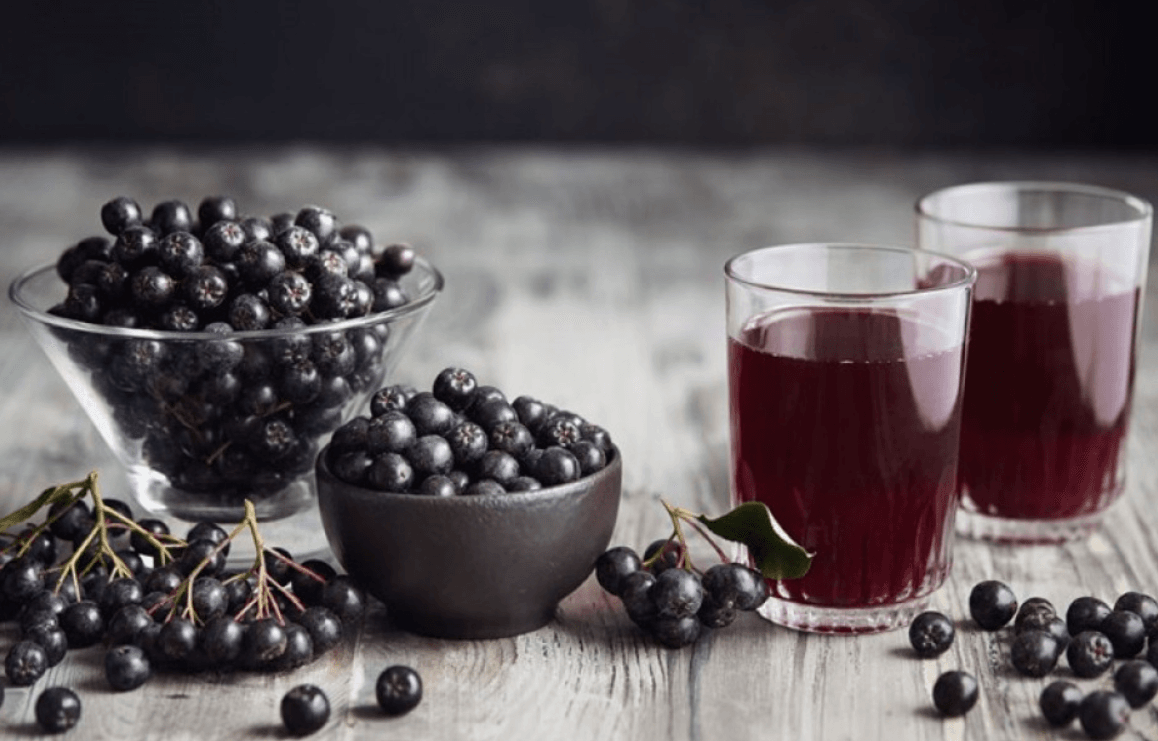
3. Liver and stomach health
In a 2016 scientific study, researchers found that Aronia fruit juice reduced the severity and symptoms of liver damage. A similar study was conducted in 2017. In this study, it was concluded that Aronia fruit has protective effects against liver damage. According to the researchers, Aronia owes this effect to its antioxidant activity.
Another scientific study conducted in 2017 found that Aronia juice helped reduce the severity of symptoms of damaged stomach pain. It is thought that the benefits of aronia may be due to its ability to fight oxidative stress as well as increasing mucus production.
4. Blood vessels and Arteries
In a 2015 scientific study, it was concluded that Aronia may be effective against chronary artery disease. Aronia is thought to be effective against plaques that develop inside the arteries. Both Aronia and blueberry extracts helped to relax the tissue, which allowed blood flow to improve.
This is a very important development. Because many cardiovascular diseases lead to hardening of the arteries and a reduced ability of the blood vessels to relax. This also means that blood pressure can drop. Of the three extracts tested, Aronia had the strongest effect. The researchers concluded that the extracts may have significant benefits in the treatment of vascular diseases.
Scientific studies in subsequent years have also supported these findings. Researchers have found that Aronia is effective in lowering blood pressure and can help fight high blood pressure in the arteries.
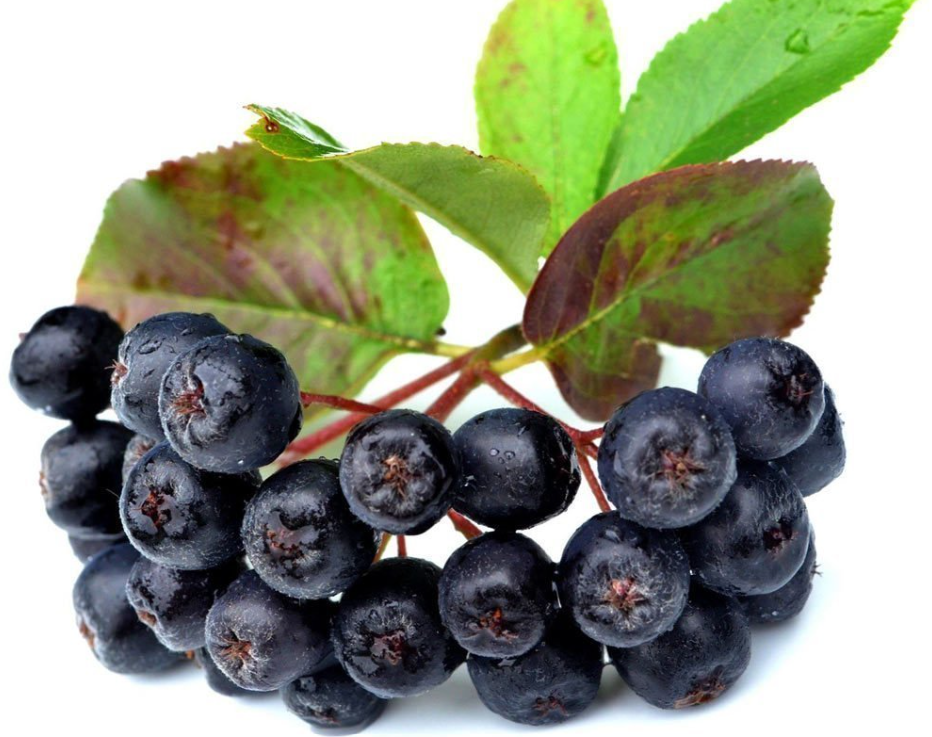
Nutritional Values of Aronia Fruit
The specific nutrient balance of Aronia varies depending on how it is grown and prepared. Factors such as the date of harvest and where the fruit was grown also play a role. Like other fruits, Aronia is known to be rich in nutrients. The nutritional values of Aronia are given below in approximate proportions:
Vitamins
- Vitamin C 137 - 270 milligrams per kilogram (mg/kg)
- Folate: 200 micrograms per kilogram (μg/kg)
- Vitamin B-1: 180 μg/kg
- Vitamin B-2: 200 μg/kg
- Vitamin B-6: 280 μg/kg
- Niacin 3,000 μg/kg
- Pantothenic acid 2,790 μg/kg
- Tocopherols 17.1 mg/kg
- Vitamin K 242 μg/kg
Minerals
- Sodium: 26 mg/kg
- Potassium: 2,180 mg/kg
- Calcium: 322 mg/kg
- Magnesium: 162 mg/kg
- Iron 9.3 mg/kg
- Zinc: 1.47 mg/kg
The above data is based on fresh Aronia fruit. Not exact.
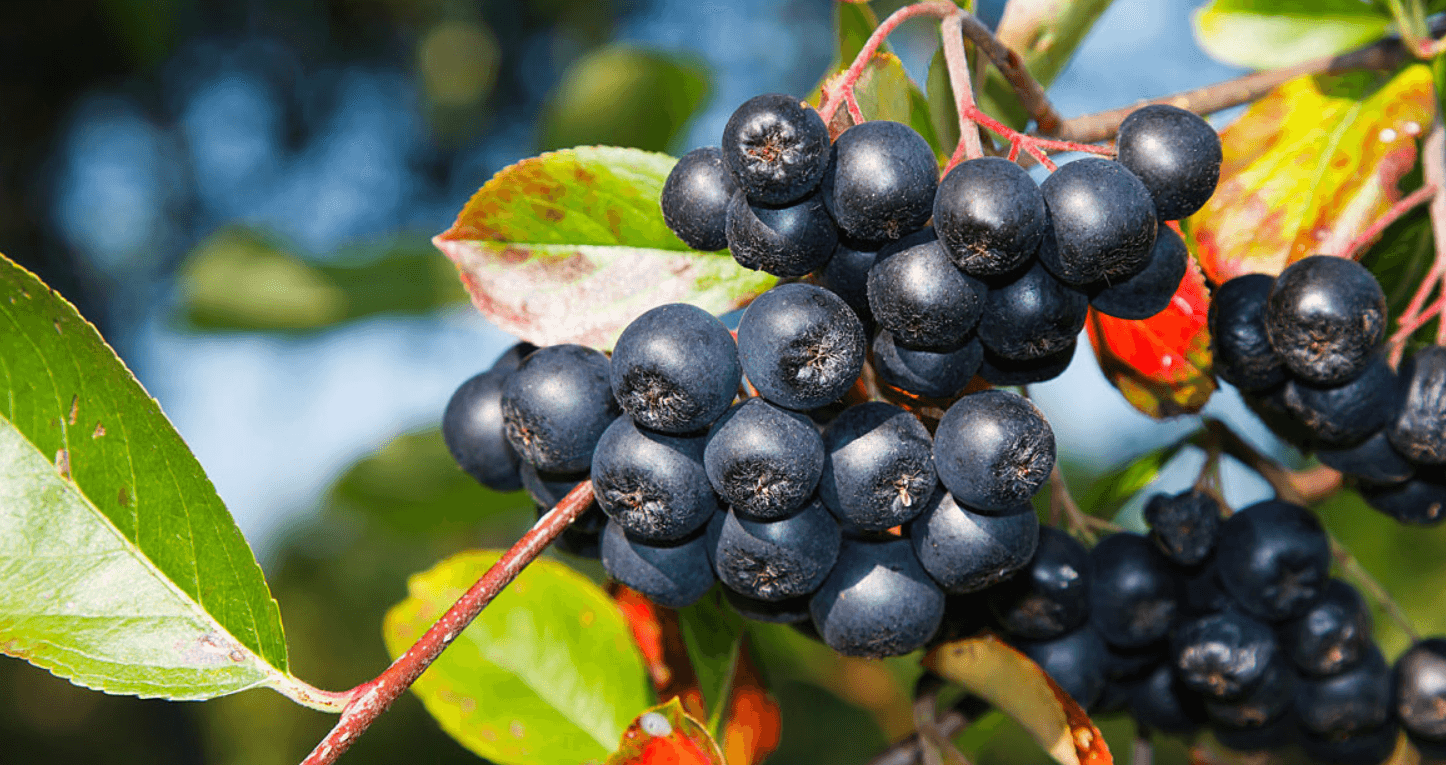
How to eat aronia?
People can eat Aronia berries in many forms, including fresh and in juice. They can also be used as an ingredient in baked goods and other recipes, or taken as an extract through various dietary supplements. Here are a few of the foods and beverages in which Aronia can be used:
- Buns, cakes
- Pie
- Cookie
- Wine
- Jam
- Tea (Aronya tea)
- Fruit juice
Conclusion
Don't forget to share your thoughts about the miraculous Aronia, which has many benefits for human health!
Our titles that may interest you:
Aromatic Oils: Nature's Miracle 11 Herbal Products



